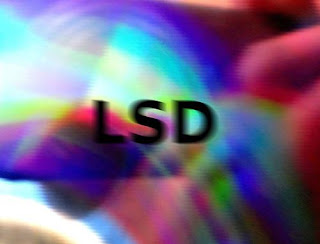Smart Phones free
Smart Phones free
All about LSD, DMT, peyote, psilocybin psychedelic mushrooms, hallucinogenics and psychedelic drugs explained in “The Far-Off Land” philosophically evaluates the hallucinogenic drug-experience and intends to collect the perspectives of philosophy for better understanding of the human consciousness and philosophical evaluation of the hallucinogenic drug experience. by Eugene Seaich Psychedelic Phenomena LSD Psychedelic and hallucinogenic drugs explained
